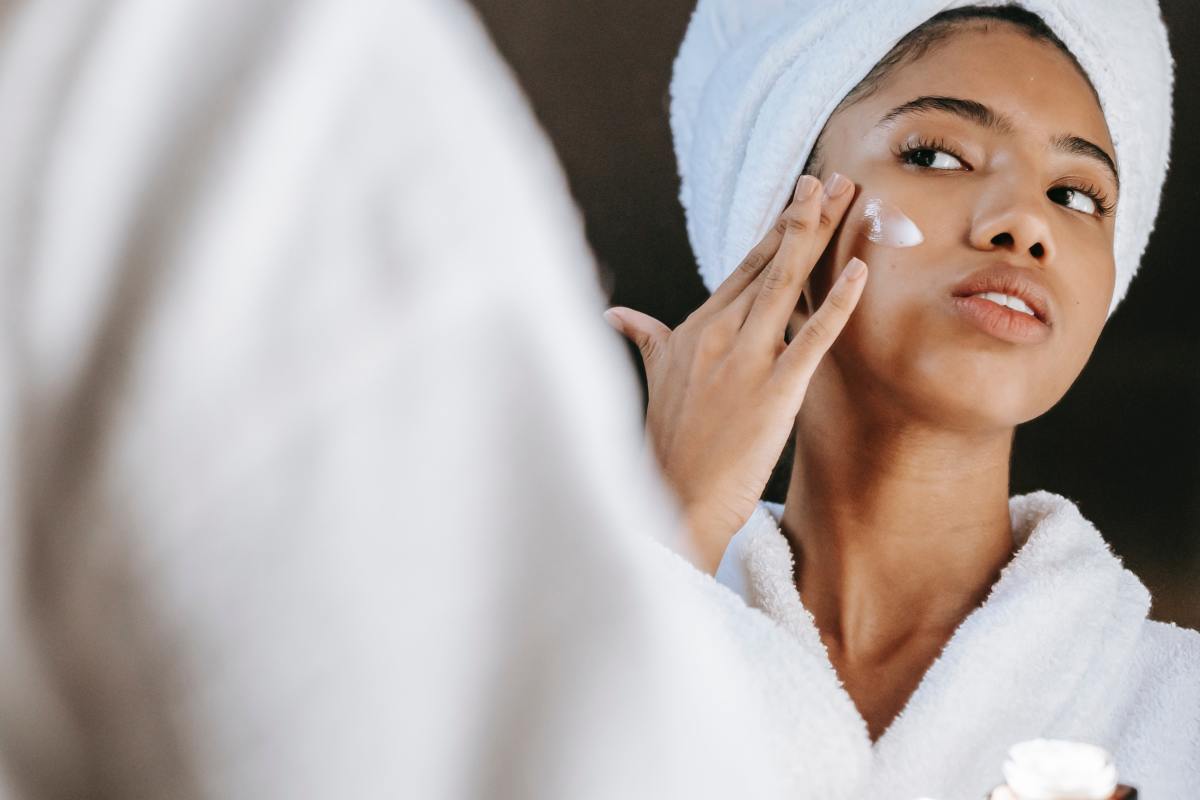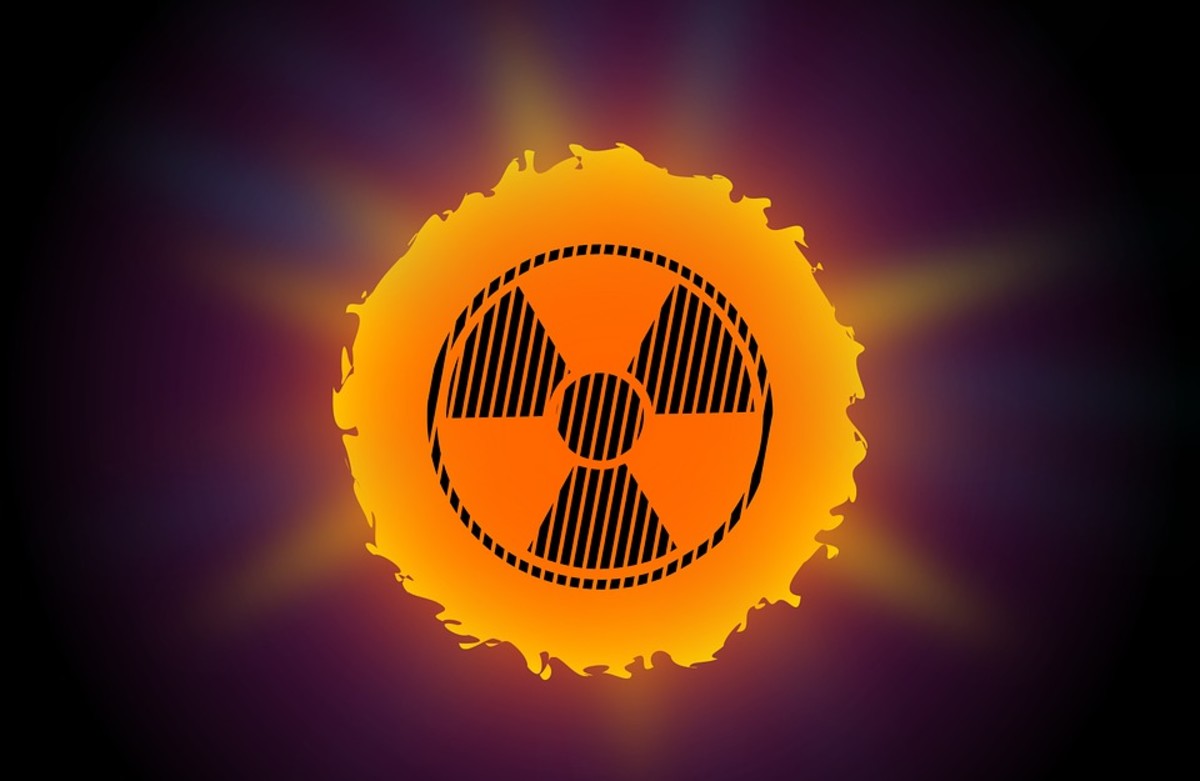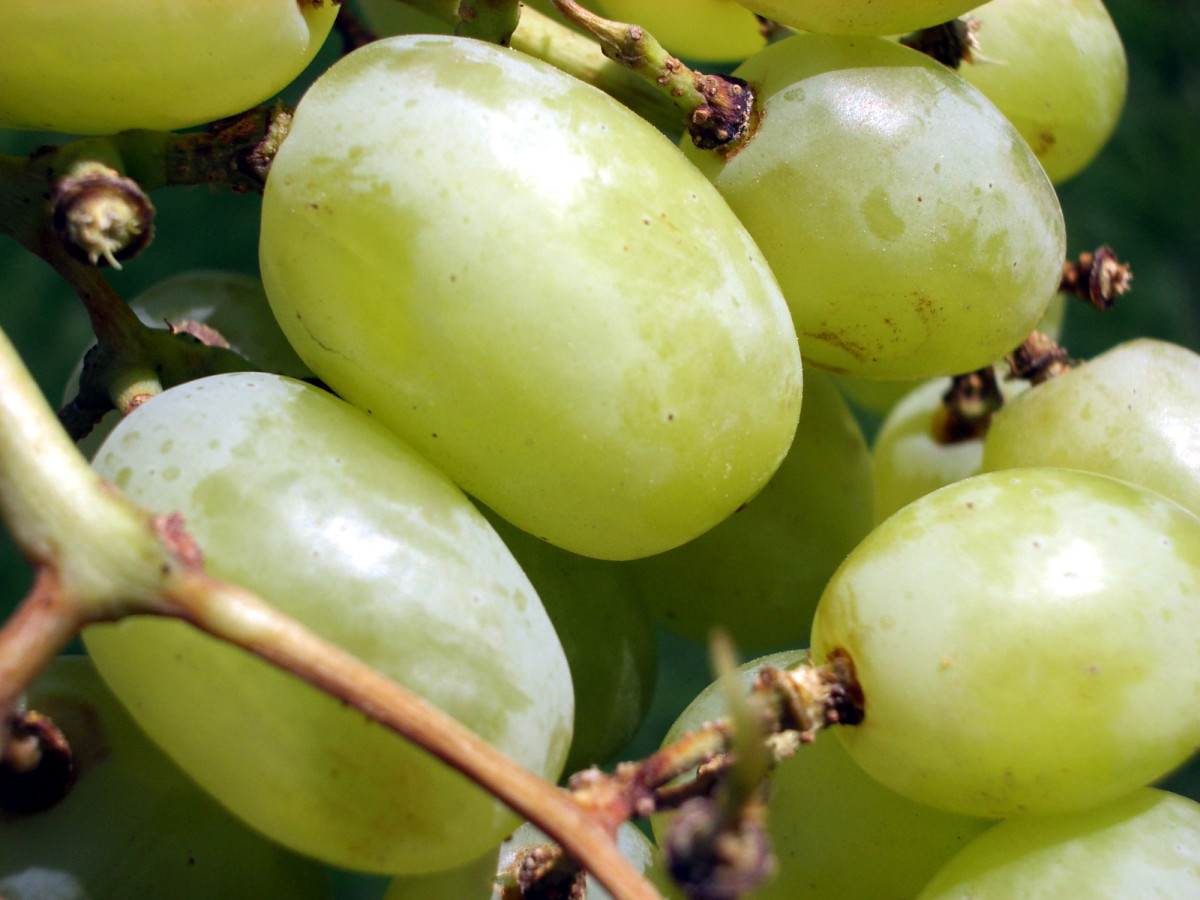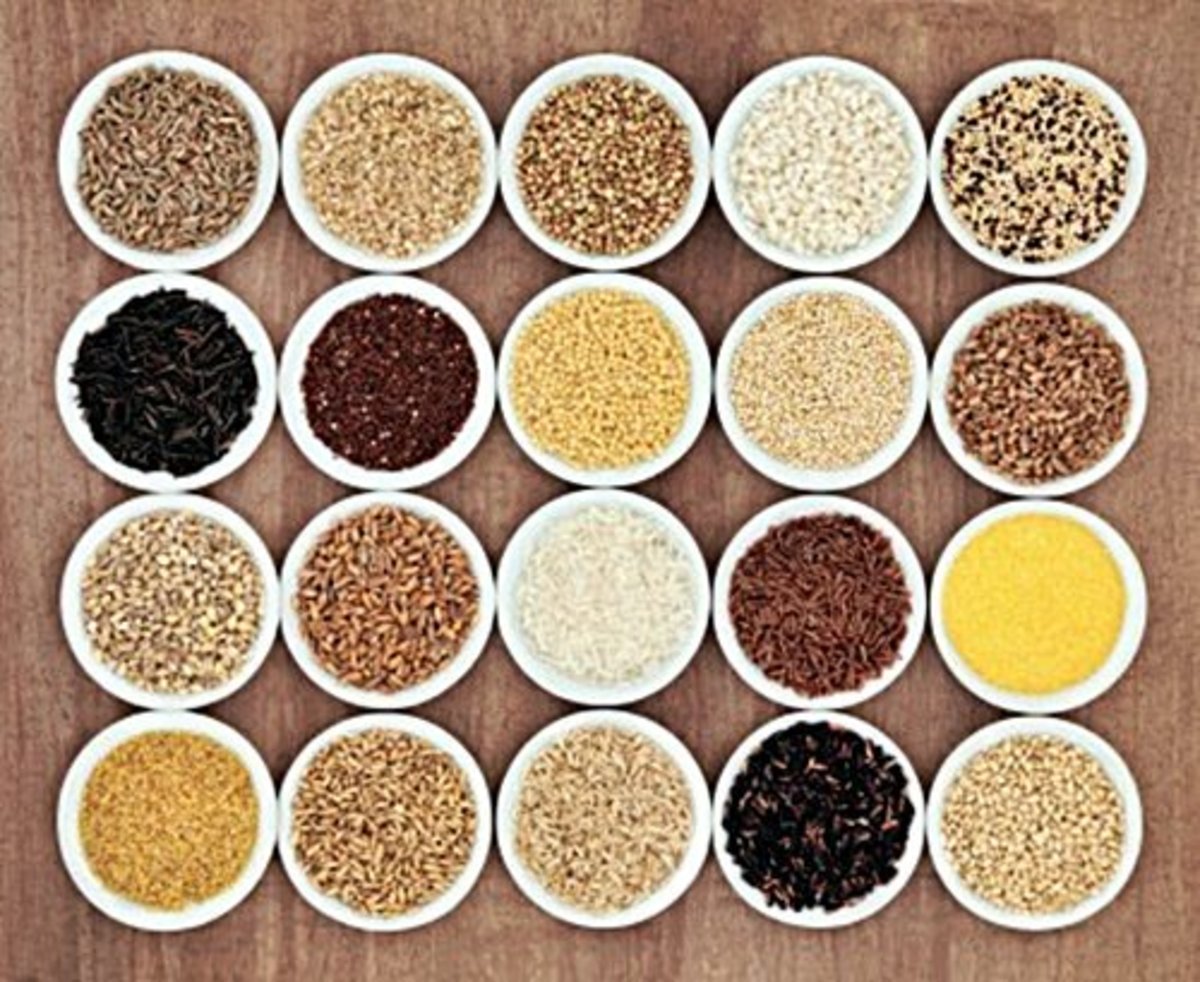How to Protect Skin From the Sun Through Diet: Top Helpful and Harmful Foods in Sun Protection
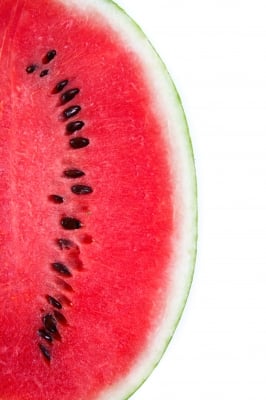
Our bodies are always fighting free radicals. UVA radiation from the sun damages cells and DNA, reducing the antioxidants present in skin and blood. How well we are equipped to deal with sun exposure determines the damage done to our skin. Diet can be a source of antioxidants to help keep free radicals in check, but also can introduce more harmful substances that tip the body away from a healthy balance. Certain fatty acids, minerals, and antioxidants give us nutritional protection, but we should still use other methods to protect our bodies from UV radiation such as chemical-free UV protective clothing and chemical-free sunblock.
Copyright © 2020 Melis Ann
Lycopene Content in Foods
Food Source
| Serving Size
| Lycopene Content (mg)
|
|---|---|---|
Tomato paste
| 1 cup
| 75.4
|
Tomato puree
| 1 cup
| 54.4
|
Tomato soup
| 1 cup
| 26.4
|
Tomato raw
| 1 cup
| 4.6
|
Tomato ketchup
| 1 tablespoon
| 2.5
|
Watermelon, raw
| 1 wedge
| 13.0
|
Pink grapefruit, raw
| 1/2 fruit
| 1.7
|
Excerpt from Linus Pauling Institute http://lpi.oregonstate.edu/infocenter/phytochemica...
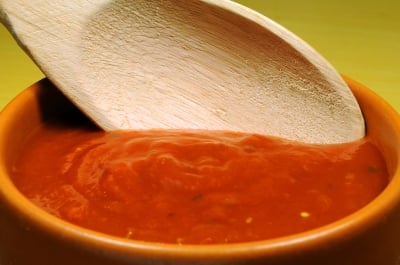
Lycopene for Sun Protection
The British Society for Investigative Dermatology published results from their study that showed a 33% increase in sunburn protection for individuals who ate 5 tablespoons of tomato paste everyday for 12 weeks. The conclusion is that increased consumption of lycopene leads to higher levels of pro-collagen in the skin. Pro-collagen is what gives skin elasticity and structure and therefore the ability to protect itself more efficiently from sun damage. Lycopene is not stored for long in the body, thus a daily dose of lycopene is best for building pro-collagen and keeping the skin performing properly.
Lycopene is found in many fruits and vegetables. The content varies dependent on variety, maturity and processing. For example, greenhouse grown tomatoes have lower levels of lycopene.
- watermelon
- tomatoes (tomato paste, cooked tomatoes and redder tomatoes have higher levels of lycopene, absorbed best by the body with some fat such as from olive oil)
- red peppers
- guava
- papaya
- pink grapefruit
Note: Research published by the Linus Pauling Institute at Oregon State University suggests that orange and yellow tomatoes contain another kind of lycopene that, although present at lower levels than red tomatoes, may be more available to the body for absorption. Another study published by the University of Iowa suggests that absorption of lycopene is improved if the food source is cooked and also combined with dietary fats.
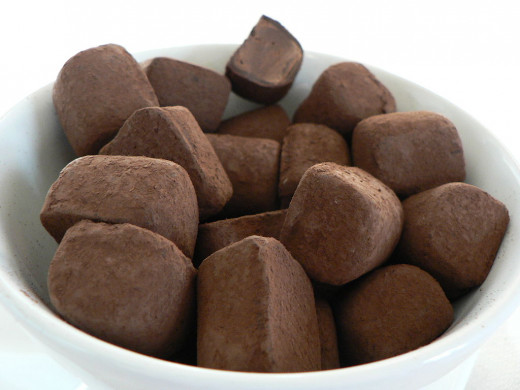
Dark Chocolate and Protecting Skin
Cocoa is naturally high in flavonols, a powerful antioxidant. Dark chocolate contains the highest level of flavonols, however traditional chocolate processing destroys much of the original flavonol content. Raw cacao is a superfood which is available online or at many health food stores. Regular addition of dark chocolate to the diet has been shown in studies to reduce incidence of UV damage. According to ScienceNews there is a list of protective effects that flavonoids in dark chocolate induce:
- Like lycopene, the anti-oxidants in dark chocolate are pigmented molecules in a group called carotenoids. Just as pigment in clothing can absorb UV radiation, pigment in the skin has the same protective effect.
- As flavanoids are also anti-inflammatory, they also reduce the inflammatory response when the skin is exposed to sunlight.
- The composition of the skin also changes with regular doses of flavonoids. Skin is thicker, more dense and more moist.
- Blood flow to the skin is increased. Overall improvement in skin health is associated with the ability of the skin to protect itself from free radicals and skin damage.
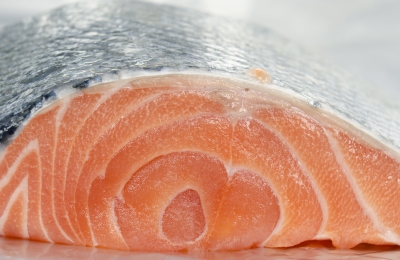
Omega 3's for UV Protection
Omega 3's in food or supplement form have been shown in a study by Baylor College of Medicine in Houston, Texas, to reduce the inflammatory response in the skin which is a pathway for skin cancer, wrinkles and sagging. These healthy fats help boost skin health and in turn help reduce sunburn and skin damage from UV rays. Regular exposure to Omega 3's will keep the skin performing at an optimal level.
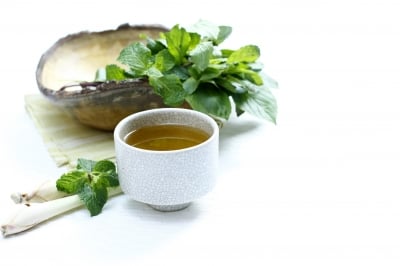
Green Tea Protects Skin from Damage
Polyphenols present in green and black tea have been shown to have protective effects on the skin against sunburn and skin cancer; green tea being more powerful. According to a study published in the Journal of the American Academy of Dermatology, green tea reduces the risk for squamous cell skin cancer by 30%. Drinking two or more cups per day is recommended to have this amount of protection.
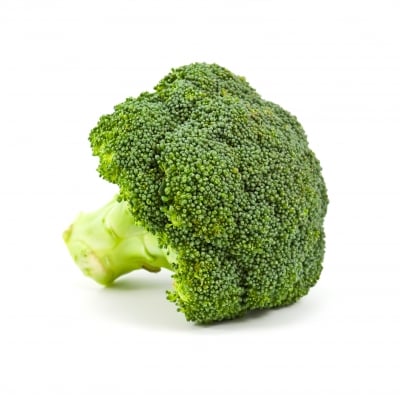
Broccoli Protects Skin from UV Damage
Among the multiple health benefits that broccoli provides, it has been shown to be a tool in UV protection for the skin. Also beneficial are broccoli sprouts, kale, spinach, and other leafy green vegetables. The International Journal of Cancer states that 1/2 cup per day of broccoli is expected to reduce squamous cell skin cancer risk by 50%.
Harmful Foods that Increase Sun Damage
The evidence points to the fact that healthy skin is better at protecting itself from damaging UV rays. The incidence of sunburn and skin cancer can be reduced by introducing certain healthy foods into our daily diet. The opposite is also true. Foods that make our skin more unhealthy take away from the skin's UV protection and ability to heal from UV damage. The top harmful foods to avoid that leach water and nutrients from the skin are:
- alcohol
- salt
- processed meats
- junk food
- caffeine
Food Can Be Helpful and Harmful
Boosting skin health with nutritious foods on a daily basis will give the skin a better defense against ultraviolet radiation. It's best to use UV protective clothing and chemical-free sunscreen in addition to a healthy diet to ensure a well-rounded defense against skin damage.
Copyright © 2020 Melis Ann
© 2012 Melis Ann



